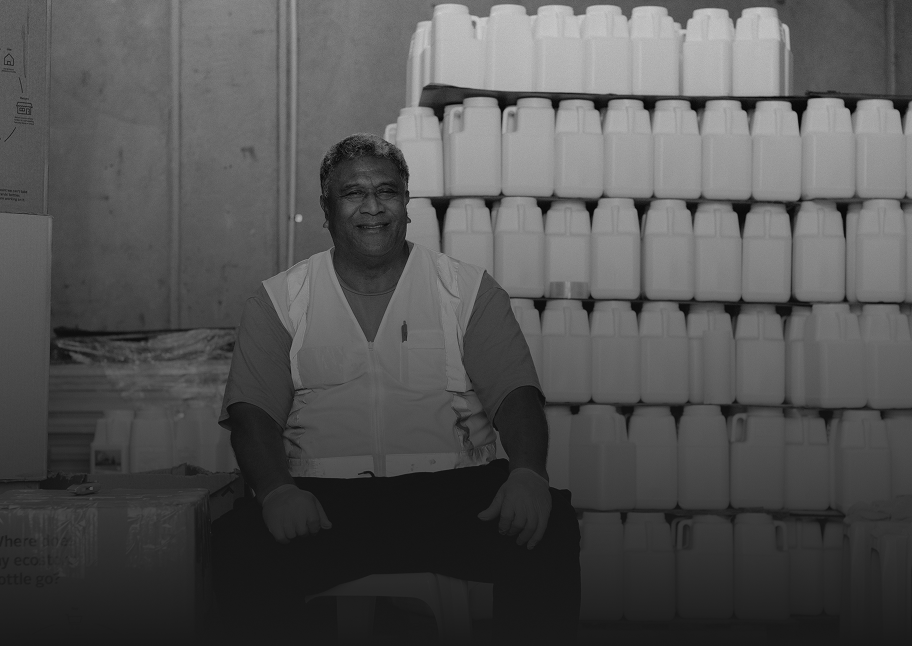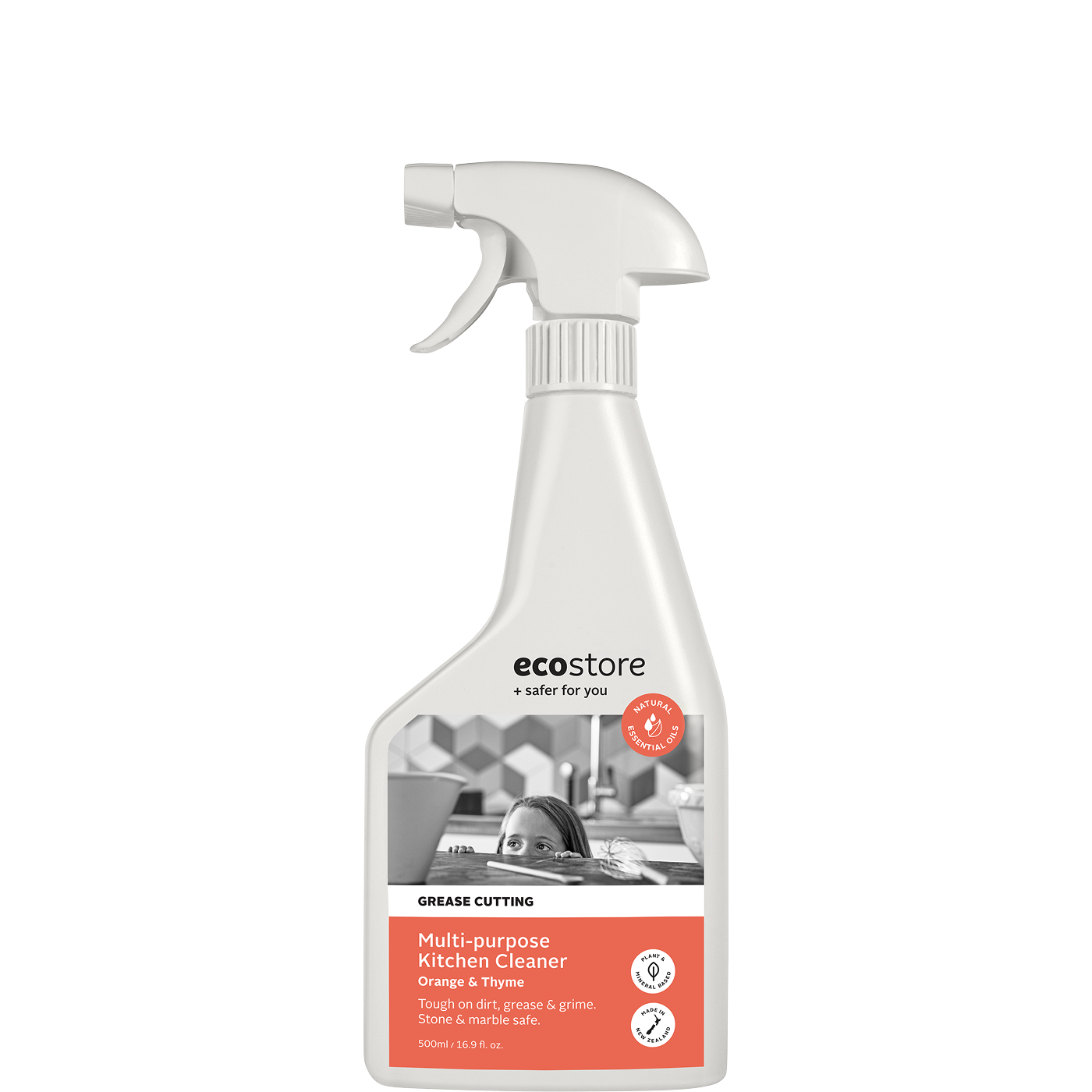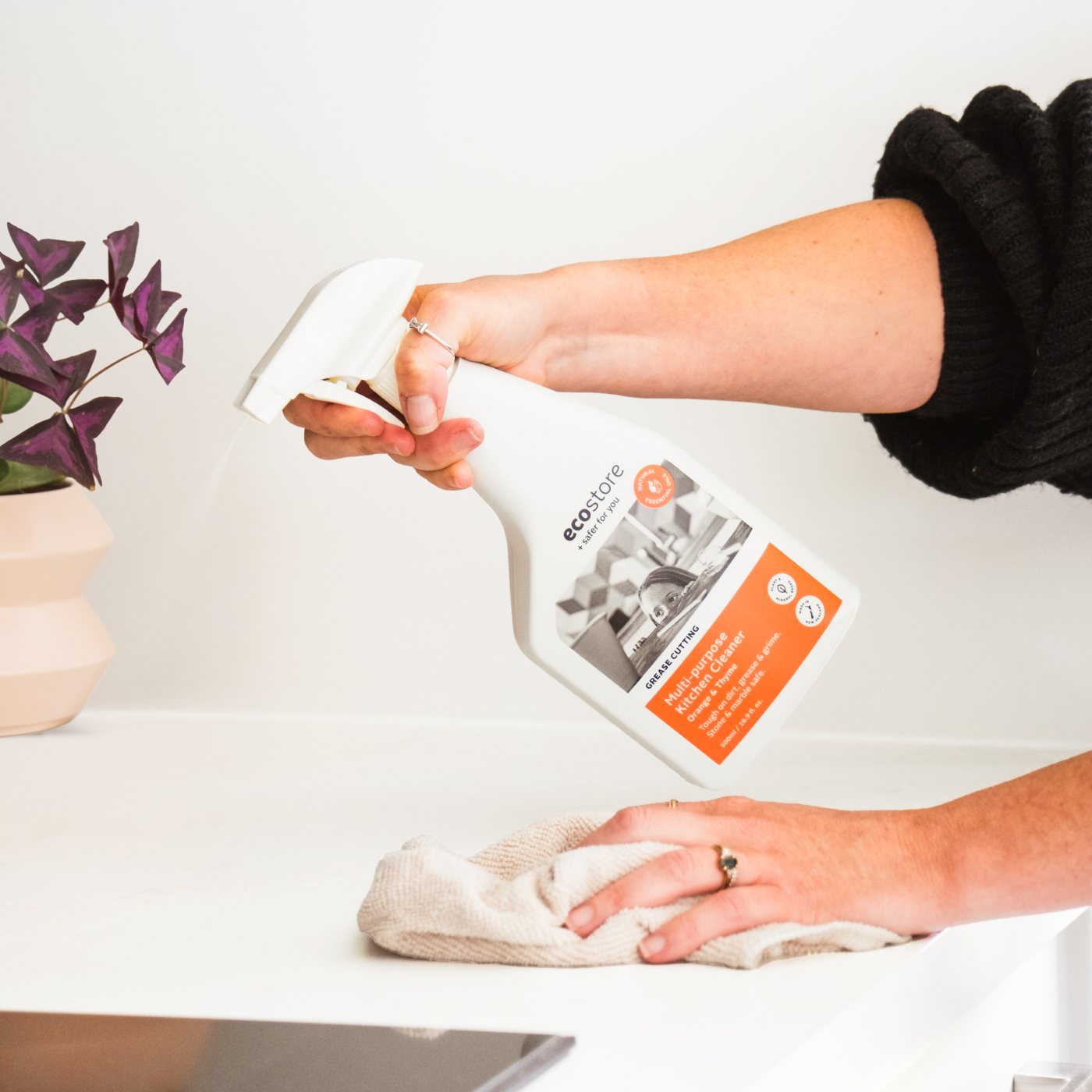By Organic Edible Garden
Autumn is a special time of year for the home gardener. It's a time of great abundance, with late summer crops of tomatoes, peppers, eggplants, cucumbers, beans and sweetcorn being harvested in March and April.

This is also the time of year to start planning and planting for the cooler months ahead.
Flowers planted to attract beneficial insects and bees will also be in full bloom.

It's important to keep planting new flowering plants to keep these insects in your garden as winter approaches. Flowers that attract the beneficial insects and do well in cooler weather include calendula, viola, alyssum and dianthus. These not only feed the good bugs, but are also edible and they make an organic garden beautiful.
When planting your autumn garden, check the moon phases. In a new moon phase, green leafy vegetables grow strongly. The first quarter is good for your fruiting plants. The full moon phase is when the energy goes back into the soil, so root vegetables do best at this time. The last quarter is a time to relax or do some maintenance in the garden. Planting in the right moon phase is not vital, but it does help plants grow strongly and gives you an understanding as to why certain plants do well at certain times.
Check out our Gardening By The Moon calendar for each month.
There are many different climates and soils, depending where you live. We'll give you a guide of what to plant and when, but one of the best ways to know what does well in your area during different months of the year is to ask other local gardeners or members of your community gardens or gardening groups.
March
The soil is still nice and warm and day temperatures can trick us into thinking summer is still here. This is the time we start planting for the months ahead. Leeks go in now to get them off to a good start.
Root vegetables like beetroot, carrots, turnips and radish are best sown directly into garden beds. It's important to keep your soil moist for even germination.
Salad crops of lettuces, rocket and mesclun can be planted this month. They like a soil enriched with lots of compost and well-rotted animal manures. You might need to put up nets to keep the birds out as they just love young lettuce plants.
April
The weather starts to change as the days get shorter. This is the best time to plant your brassicas, so crops like cabbages, kales, broccoli and cauliflower. These plants are strong growers and need plenty of food to grow well. If white butterfly is still a problem in your area, add some neem granules, or sheep pellets which have neem granules in them, into the planting hole. Neem is a good soil conditioner and can be taken up by the plants systemically to control some of the insect damage. Netting your crops also helps keep the butterfly and caterpillars away.
April is also a good time to plant out the first of the broad beans and you can get a last crop of peas in now too. Beans and peas like a well-drained soil that is slightly alkaline. A good dressing of lime will not only raise your pH levels but will add ever-important calcium to the soil.
May
As the weather gets cooler, think about planting Asian greens like pak choi, tat soi, mizuna and womboks. These leafy greens love the cooler soil and grow quickly.
Continue to sow root crops of radish, turnips and daikon for winter salads. In warmer climates May is also a good time to plant your garlic cloves.
If you're likely to have garden beds empty over winter, plant green manure crops. Lupins, oats and broad beans work well to build up soil condition.
Maintaining good fertility in your soil is really important for any organic gardener. As healthy soils are the way to grow healthy plants, adding multi-mineral fertilisers like volcanic rock, seaweed and worm castings will create life in your soil. With the addition of nitrogen through animal manures and carbon through compost, your garden will flourish and produce delicious, nutrient-dense vegetables.
Organic Edible Garden - run by Jan McIntosh and Rob Velseboer - wants to make edible gardening achievable for everyone. Jan is an experienced television director and producer, who started her television career at TVNZ. There she created ‘The Palmers Garden Show', a long-running high-rating series in prime time. Rob runs the company Heirloom Organix. The company is BioGro certified organic and they grow and sell organic veges and herb seedlings at Farmers' Markets and some garden centres.

Read more

There's no doubt home meal subscription services are on the rise - a 2016 US report predicted it would be a multi billion dollar market in the next five years. The growth experienced by Kiwi succe...

You might come from a family that practiced sustainability each day, or maybe you discovered green habits for yourself during adulthood. But how do you pass those practices and habits on to your ow...






